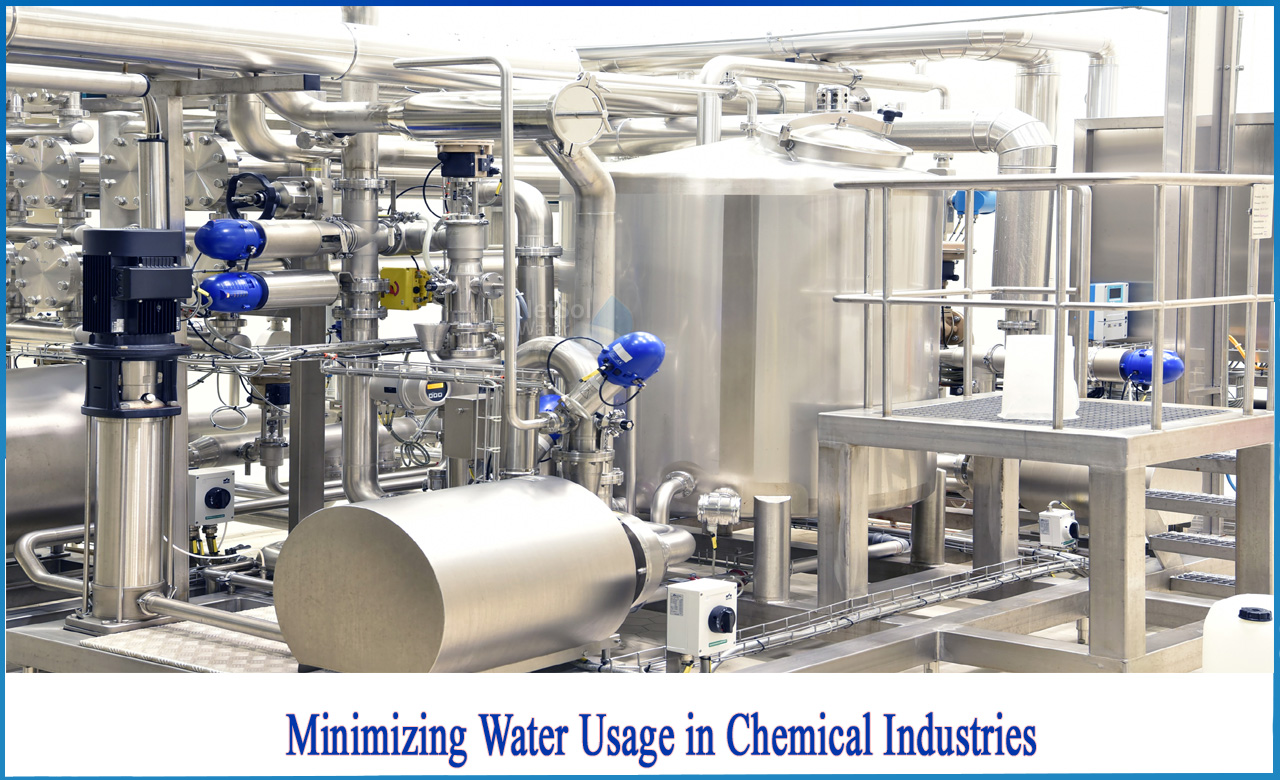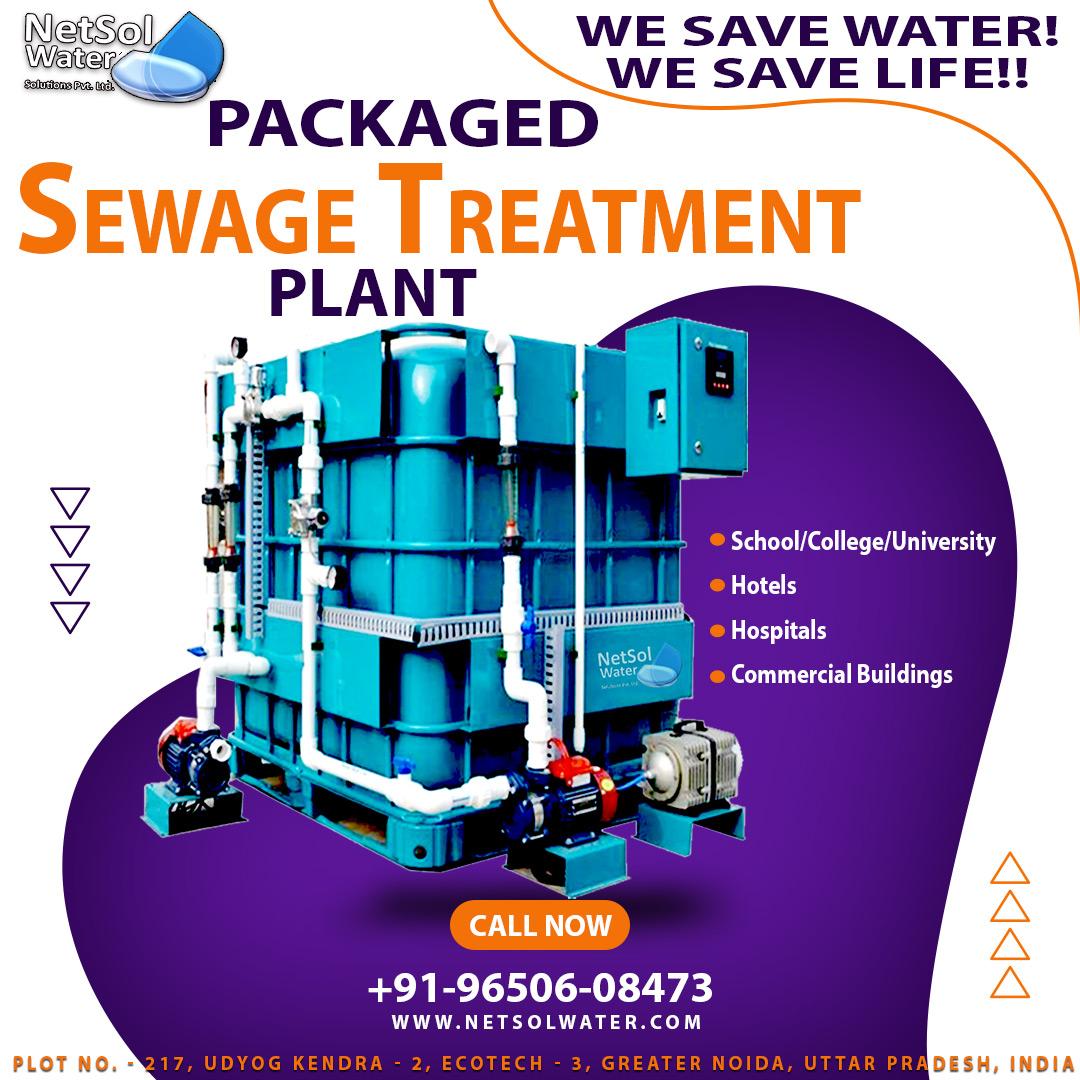Water as a key component for chemical industries
Water is used in chemical manufacturing plants to heat or cool products and equipment used in vacuum production, steam production, product rising and distillation, and other processes. Because most technological processes take place at high temperatures and pressures, demineralized high-purity water is required for such technologies.
Although freshwater sources like rivers and lakes become depleted, there is a compelling case to be made for being more resourceful and evaluating possible or hybrid water sources. Consider the following alternatives to drawing water from a local freshwater source or municipality:
• recycling of waste water
• promote large scale rainwater collection
• tap to new groundwater sources
• Desalinationof sea water
Treating these numerous water sources to make sure they provide the appropriate water quality to production plants is critical for industry process with the right and most cost- effective water-treatment technologies.
In production, modify the use of water
Many chemical plants will choose to save water in production by trying to implement a closed-loop process, maximising water treatment technologies for more efficient water treatment, and recycling water for reuse.
Even though production processes differ so greatly from plant to plant, this can occur in a variety of ways. However, the majority of facilities will use one or more of the following technologies:
- Membrane filtration:These technologies, which include media or membrane filtration units, are used to eliminate particulate solids, which is particularly useful when high-quality water is needed.
- Biological treatment: Biological treatment refers to a group of technologies that have been used to break down and/or eliminate biodegradable solids with far less water waste.
- Ion exchange:Ion exchange refers to a class of resin technologies used to efficiently remove dissolved ionic contaminants selectively.
- Distillation: A heat-driven separation method that is frequently used for industrial solvent recovering to separate liquid components of a mixture.
How chemical industries can reduce water usage?
Much of the water used in the chemical industry throughout production is used for the cooling cycles. Cooling is regularly used to keep the heat under control during the manufacturing process because chemical reactions occur.
To save water in this step, enhance cooling tower efficiency, which can mean different things depending on the type of cooling tower one have. For example, if user has a once-through cooling unit, it's best to recycle the water used, lowering the need to draw from local water supply. There are also options for converting once-through cooling tower into a closed-circuit unit, which will decrease the need for makeup water significantly.
Understanding the amount of water lost in cooling tower system is also critical. Realize if someone's system has any leaks and how much water it loses due to bleed-off and drift, as this will evaluate how much water is needed to compensate for the loss. After determining how much water the unit is losing and how it is losing it, the user can find ways to reduce the loss by repairing leaky connections and determining ways to reduce bleed-off and drift.
Water purity is essential in heating processes such as steam production; otherwise, fouling and scale can damage equipment.
Check that the boiler feedwater treatment system is operating at full capacity and productively using water, as this is essential in reducing the amount of water required to replace any blowdown water.
The treatment of the feedwater to the cooling tower or boiler can enhance concentration cycles, resulting in less blowdown and improved equipment performance, and waste water can sometimes be recycled.
Conclusion
To fulfil the demand of the chemical industry, Netsol water provides best water treatment with low, medium, and high pressure boilers, as well as technological water preparation using membrane and ion exchange technologies.




